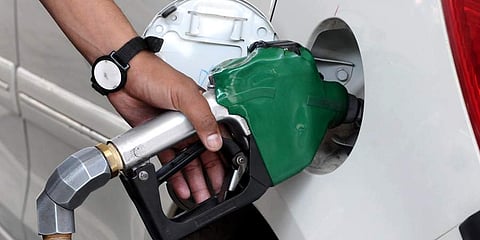

The new deadline issued to retrofit diesel generators with sustainable alternatives has set off the debate on its feasibility for residential complexes. IIT Delhi alumnus and member of an advisory team on the issue, Sushil Jain, compares the feasibility of conversion of such sets. He is the former VP of Kaushambi Apartments’ Resident Welfare Association.
Excerpts:
Is it technically feasible to run power-generating sets on LPG/natural gas/bio-gas/propane/butane in every society across the NCR cities?
Dual fuel running of existing diesel-run generator sets is technically feasible but in a ratio of only up to 70% gas and 30% diesel. But the conversion by dual fuel kits (mostly imported) is expensive while handling of diesel remains an issue. There remains a possibility that the use of diesel may be banned in future.
How will the order be implemented & who will bear the cost of diesel sets in societies?
Long term feasible option is to go for new natural gas generators so that the use of diesel is eliminated. IGL will provide the piped natural gas (PNG). RWAs have to bear the huge capital cost, as of now. Collection of funds from residents (many of whom are middle-class/senior citizens) is not easy and requires a lot of time and effort. The time for the implementation is too short. It will not be possible to complete the changeover by the October 1st deadline.
Will the CAQM order help to protect the environment?
It is said that diesel generator sets contribution to the pollution in Delhi NCR is just 18%. Out of all DG Sets in operation in Delhi NCR, DG Sets operated by RWAs may be less than 10%. Therefore, RWAs’ contribution to pollution may be less than 1%. That too if the sets are in operation. Surely, the generalised order passed by CAQM is questionable and is not based on proper study.